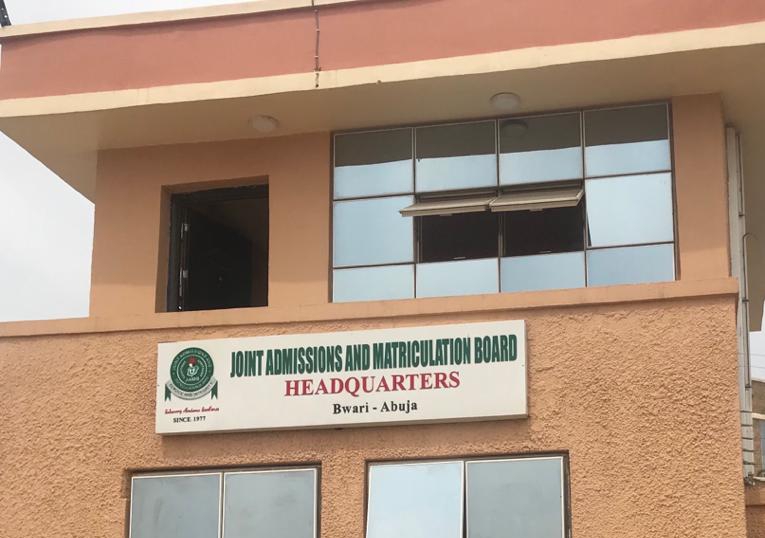Over 5 million Egyptians now have access to comprehensive healthcare coverage under the nation’s ambitious Universal Health Insurance (UHI) system. But this isn’t just a domestic success story; it’s a blueprint for a continent. Recent collaborations, including a landmark agreement at the Africa Health 2025 conference and Namibia’s study of Egypt’s digital transformation, signal a broader shift. in Africa is no longer a distant aspiration, but a rapidly approaching reality, fueled by digital innovation and a growing commitment to regional partnerships.
Egypt’s UHI initiative, coupled with its increasing focus on local pharmaceutical production, is acting as a powerful catalyst for healthcare development across Africa. The recent memorandum of understanding signed by eight African drug regulatory bodies during the Africa Health 2025 conference demonstrates a collective desire for greater harmonization and efficiency. This isn’t simply about access to medicine; it’s about building resilient, self-sufficient healthcare ecosystems.
Namibia’s interest in Egypt’s digital healthcare infrastructure highlights a crucial element of successful UHI implementation. Digital tools – from electronic health records to telemedicine platforms – are essential for managing patient data, streamlining administrative processes, and extending healthcare access to remote communities. The challenge lies not just in adopting these technologies, but in ensuring interoperability and data security across diverse national systems.
The doubling of medical school graduates in Egypt to 26,000 annually is a significant step towards addressing the critical shortage of healthcare professionals across the continent. However, simply increasing the number of doctors isn’t enough. Effective UHI systems require a skilled and motivated workforce, including nurses, pharmacists, and public health specialists. Investment in continuous professional development and equitable distribution of healthcare workers are paramount.
Egypt’s commitment to localizing pharmaceutical production is a strategic move with far-reaching implications. Reducing reliance on imported drugs not only lowers costs but also enhances supply chain security and fosters economic growth. This trend is gaining momentum across Africa, with several countries actively seeking to establish or expand their own pharmaceutical manufacturing capabilities. The key will be attracting investment, building regulatory capacity, and ensuring quality control.
The convergence of these trends – UHI expansion, digital transformation, increased human capital, and regional pharmaceutical manufacturing – points towards a future where quality healthcare is accessible to all Africans. However, significant challenges remain. Sustainable financing models, robust governance structures, and effective public-private partnerships are essential for long-term success. The next decade will be pivotal in determining whether Africa can truly unlock the potential of universal healthcare.
The increasing focus on preventative care, driven by data analytics and personalized medicine, will also play a crucial role. Imagine a future where AI-powered diagnostic tools are readily available in rural clinics, and wearable sensors provide real-time health monitoring for individuals across the continent. This isn’t science fiction; it’s a rapidly approaching reality.
Funding remains a major challenge, as does the lack of infrastructure and skilled healthcare professionals. Political instability and corruption can also hinder progress. However, the growing political will and increasing investment in healthcare are encouraging signs.
Telemedicine, mobile health apps, and remote monitoring devices can overcome geographical barriers and bring healthcare services to underserved populations. However, access to reliable internet connectivity and digital literacy are essential prerequisites.
Regional partnerships are crucial for sharing best practices, harmonizing regulations, and pooling resources. Collaborative efforts can also help to address cross-border health threats and promote regional health security.
Yes, but it requires sustained investment in research and development, quality control, and regulatory capacity. Strong partnerships with international pharmaceutical companies can also facilitate technology transfer and knowledge sharing.
What are your predictions for the future of healthcare access in Africa? Share your insights in the comments below!











